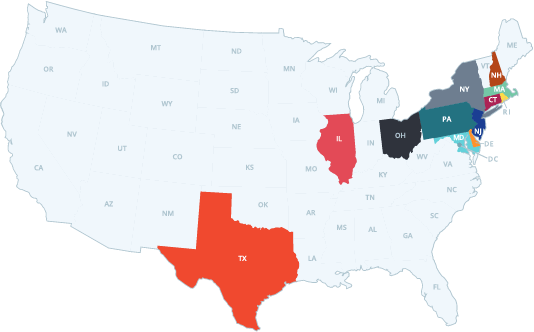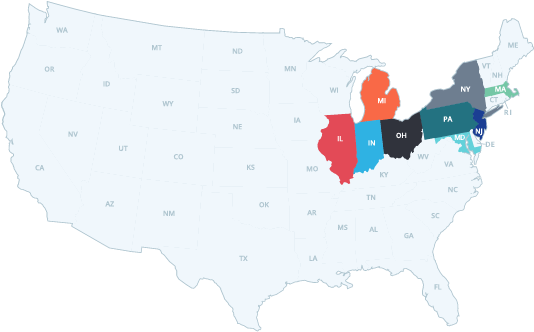How Do I Shop for Electricity?
When it comes to finding a power supplier for your home, shopping around is often the best way to find the lowest price and the best value. Not everyone has this freedom, however, as deregulation is not the case in all 50 states. Thanks to deregulation, though, many people can choose where to buy their electricity. That means you, the customer, are in control.

Check Your Current Contract
If you're already under contract with a an electricity supplier, you should review your contract to determine what penalty, if any, exists if you leave that company before your contract expires. In some cases, you could be assessed an expensive early termination fee that nullifies the benefits offered by a new provider. This fee can depend on the length of the contract and how recently you started services.
How do you find the right electricity supplier for you?
Begin by visiting your state's public services commission website, which will feature a complete listing of your options. This process is actually easier than it sounds, as these websites typically present a side-by-side comparison that is easy to follow and understand. Depending on the state you live in, you may have to enter your city or zip code to narrow the list of options in your region.
In any case, once you have your list, you can compare prices and plans. Here are three key considerations when shopping for an electricity plan:
1. Rate
This is the unit price for the cost of electricity, which is priced by the kilowatt hour (kWh). To add context, the average U.S. household uses 911 kWh per month, though it's important to remember that many factors can increase or decrease your electricity usage. These may include season, the number of family members living in the home, and how many energy-efficient appliances you own.
2. Rate Type
Just like price, the rate type has a significant impact on how much you will end up paying for electricity. Many companies offer fixed-rate plans, but some offer variable-rate plans. They are very different and it's crucial to understand why.
- A fixed-rate plan is a contract that locks in the same rate for electricity for a certain number of months – commonly from 3 to 36 months in length. What's the advantage of a fixed-rate plan? It offers stability and predictability to your household budget, for starters, because the market price for electricity can change from month to month.
- A variable-rate plan, however, means you will pay a different rate from month to month, depending on the current market rate. On the one hand, you don't have a contract so you can easily switch to a new provider. On the other, your bill can skyrocket unexpectedly.
3. Plan Features
Price is an important component of any new energy plan, but there are other things you should consider as well. Contract length, bonuses, reward offerings, and eco-friendly practices are all applicable selling features, too. Each of these qualities will vary from plan to plan (and company to company), and it's up to you to determine the right energy plan for your home, family, and budget.
4. Company type
Before you choose, it's important to understand that you could potentially be doing business with up to two entities to get your electricity.
- Default utility: This company owns and maintains the power lines and delivers the electricity to all customers in their territory. You can also purchase electricity from this company. In some states, their rates are regulated by the public service commission. In either case, a portion of your payment would go to the default company to pay the transmission fee.
- Competitive supplier: These companies sell electricity to customers, often purchasing it from the electricity wholesale market. While they are required to register their business with the public service commission and follow certain requirements, their rates are not regulated.
How do I Sign Up for Electricity?
Once you have weighed your options and chosen which provider is right for you, you are ready to sign up for service!
First, start with your state's public service utility website to find out who your default electric utility is. In most states (except Texas), you will need to sign up here first, since the utility company for your area owns the power lines and delivers the electricity. You can also purchase the electricity from the default utility.
Usually, you can open an account online with the utility company. They will ask for information to help them verify your identity, such as your name, address, date of birth, and social security or driver's license number. You'll also have to indicate when service begins. If you don't choose another supplier, the utility company will be your supplier.
Next, go to the competitive supplier's website and select the plan that right for you. You will be asked for your service address, along with your name and phone number. You must also provide the account number with your default company. (You can find this number on your most recent bill, or you can call the company and talk to a service representative.)
Whichever plan you choose, it's important to create a reminder for yourself a month before your service contract expires. Many companies will send a reminder, but it's a good idea to be prepared just in case. This way you'll be better able to decide when it's worth staying or whether it's time to look for something new.
 CANADA
CANADA USA
USA









